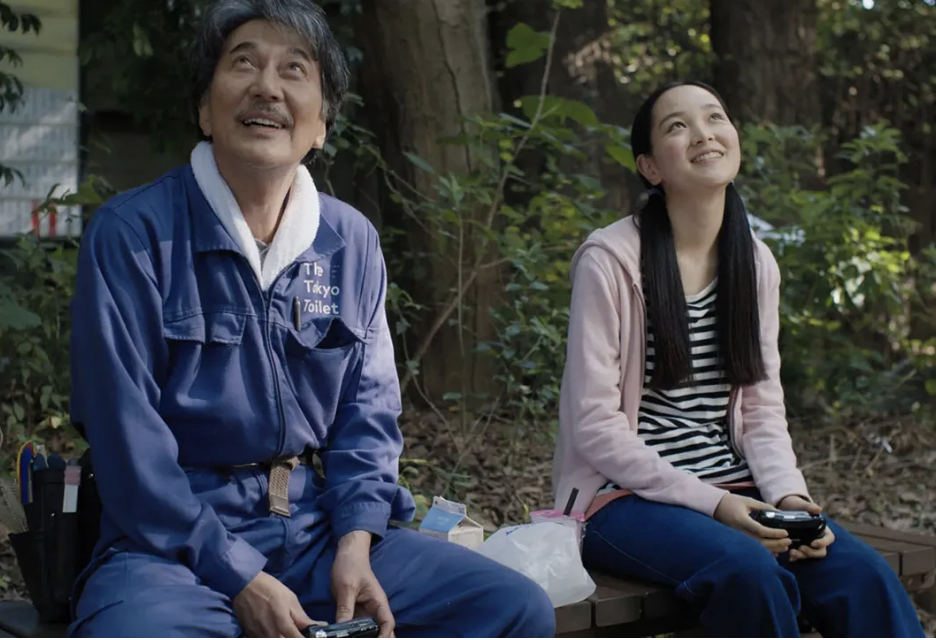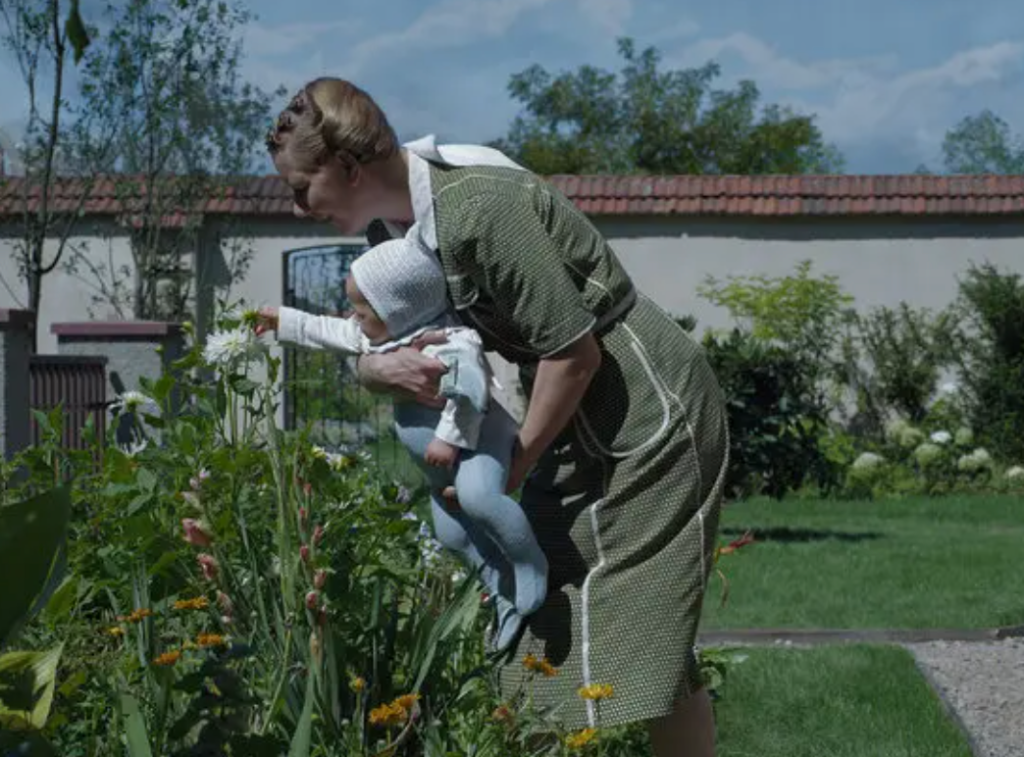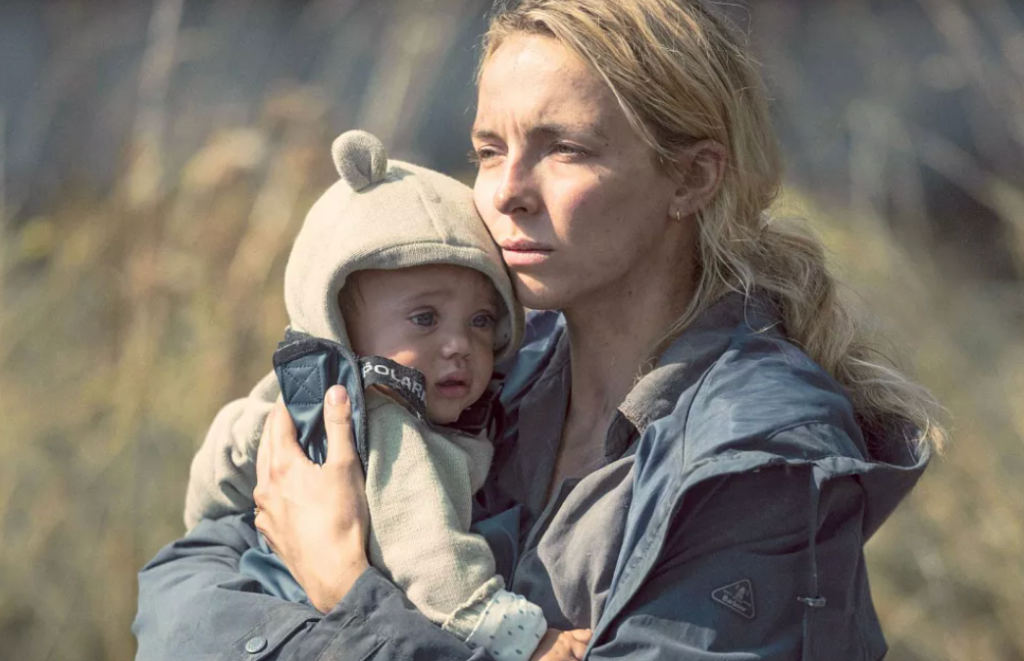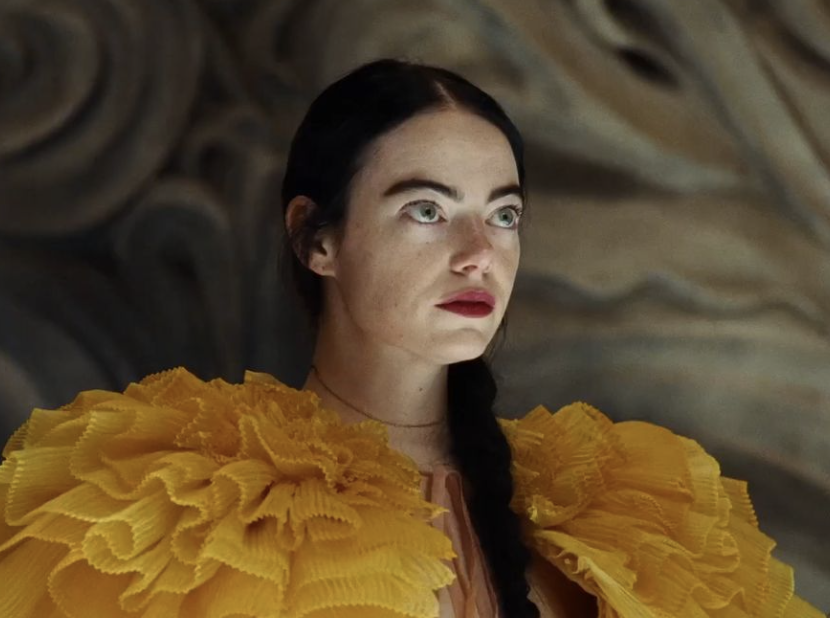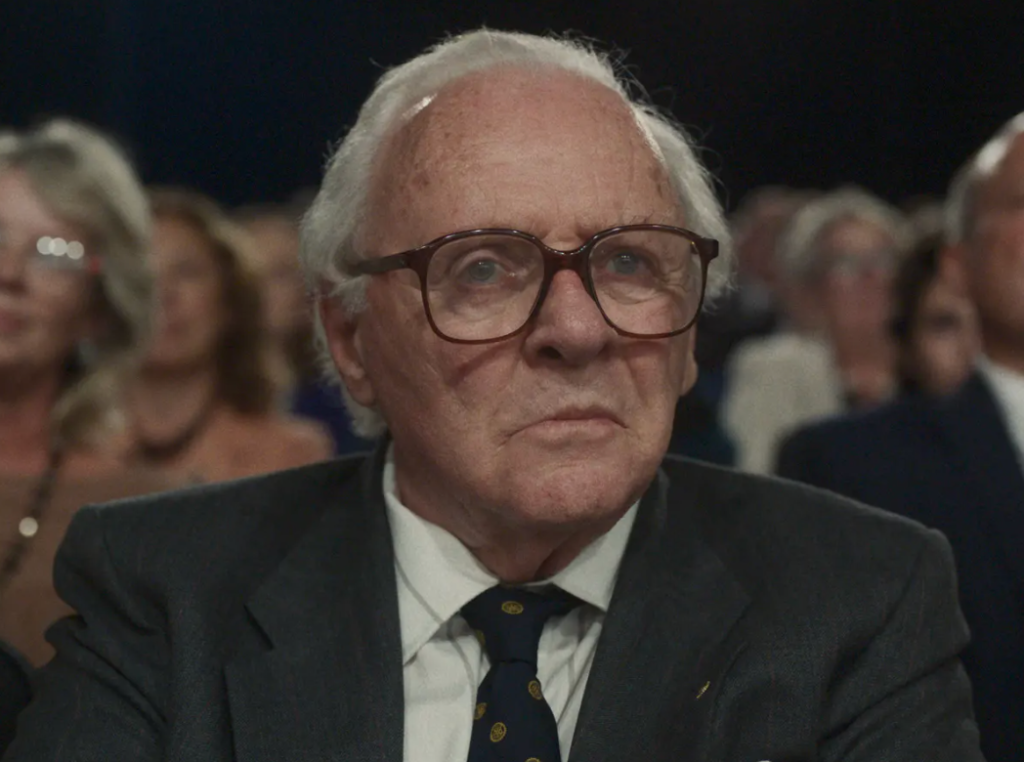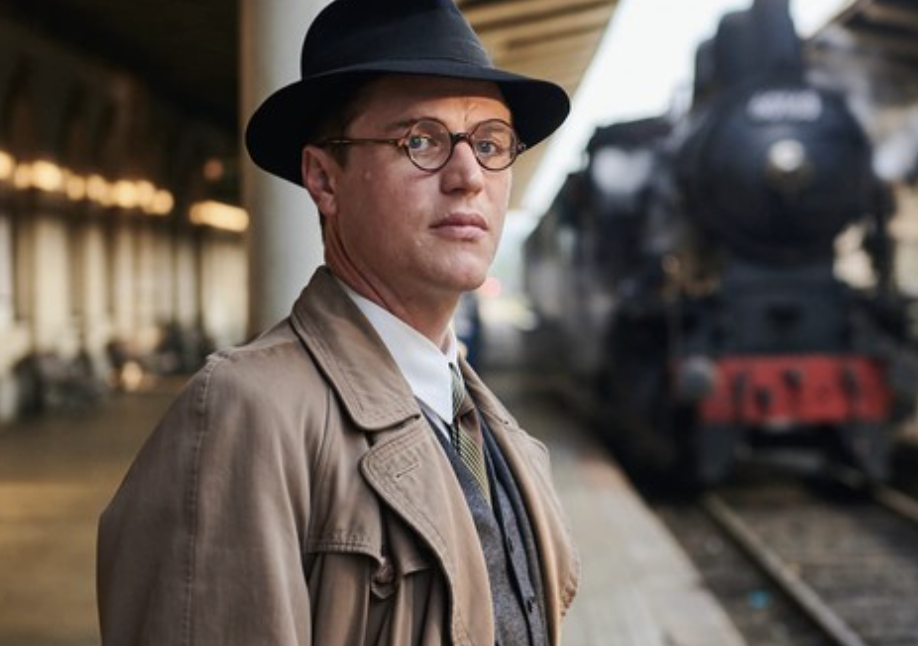
CIVIL WAR IS a viscerally exciting movie. Its cine verity style plunges you into the heart of the action, much of which is both heart-stopping and, seemingly clipped from news flashes and war documentaries, feels very real. (Cinematographer Rob Hardy pulls us directly into the action) Kristin Dunst is Lee, an immensely credible war-hardened, “get the shot” photo-journalist whose point of view becomes our point of view through the story. The movie basically follows the journey of four journalist, Dunst and her writer, Joel (Wagner Moura) along with a fellow battle-hardened journalist (Stephen McKinley Henderson) and Jessie (Cailee Spaeny), a naïve, often scared photographer who, in awe of Lee, tags along, literally for the ride. The four of them are headed to Washington, where Joel wants to get a quote from the embattled president (Nick Offerman).
The movie steers clear from taking sides politically and -seemingly- offering up any overt commentary about the US situation today. We view the unfolding carnage, chaos and societal collapse (by the maestro of societal collapse, writer director Alex Garland of Ex Machina and 28 Days Later) through the dispassionate lens of the observing journalists. There are no interjected conversations about what political or economic actions caused this collapse and civil war; the journalists are the observers, the recorders for posterity.
They observe a lot. They are at the centre of an unfolding catastrophe where there is one group – the Western front – aligned with another group against a third or fourth groups. What values or beliefs these opposing groups stand for are irrelevant. What matters is that they’re killing each other, with that one group that our protagonists are following, heading toward their big prize, the president of the USA.
We do know one fact: that the president is or has become a dictator and is a likened with various European dictators. It also becomes clear that the act of observation is as destructive, in its own way, as any bullet. For all her tough exterior, Lee is plagued by her history of observations – of brutal killings, of people set on fire, of bombs and destruction. There’s a point when the protective armour of the adrenaline junkie spirit (which they all wear) becomes weakened by such a constant bombardment of the simple act of seeing; and, through photography, remembering. Getting to the truth is dangerous business. Lee’s point comes when she finds herself in a bizarre dress boutique with Jessie (the young photographer). They’re in a town that is seemingly outside the conflagration around it; Lee is persuaded to try on a dress and smile for Jessie’s observing camera. It captures both her shy smile and a glimpse of a life before the collapse. It feels like the moment when Lee changes and the baton of the dispassionate observer passes to the younger photographer. We know one day her breaking point will also come.
But the suggestion is that such intensity of observation takes its toll not simply because of the brutalities seared into the brain but because the core truths that emerge become profoundly destabilising. And this is at the heart of the movie’s, of Garland’s point of view. In one scene the four journalists find themselves witness to a terrible event. A group of men, maybe aligned to one of the groups, or more than likely just roving armed vigilantes, are emptying a dump-truck of its load – dead, bloodied bodies – into a vast open grave. The men confront them, and in an attempt to mollify them, Joel reassures them that he’s a fellow American, just like them. In the response that follows lies the gist of the movie; “But what type of American are you?” asks one of the vigilantes. Because at the heart of the civil war, of America’s actual on-going internal civil war, is the question of identity. Once, Whitman’s boast about America, that “I am large I contain multitudes” was enough of a statement of identity: American as the wide, open, generous land of welcome. Now, the movie suggests, the idea of America has become reduced, shrunken to parochial identities of race and political tribes. The destruction the journalists observe is not so much that of a country, but of its governing idea.
And that -observed- truth; the observed reality of a country, ideologically self-destroying, is truly frightening.
CIVIL WAR: Dir/writer: Alex Garland (Ex Machina, 28 Days Later). With: Kristen Dunst, Wagner Moura, Cailee Spaeny (Priscilla), Stephen McKinley Henderson, Nick Oferman. Cinematographer: Rob Hardy (Mission Impossible: Fallout. Ex-Machina)

